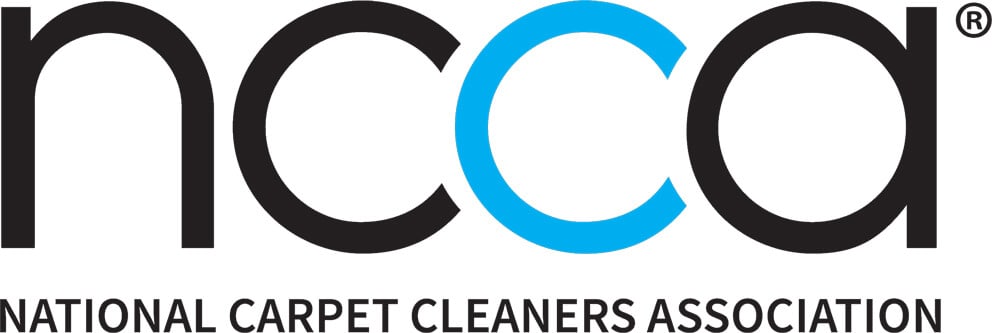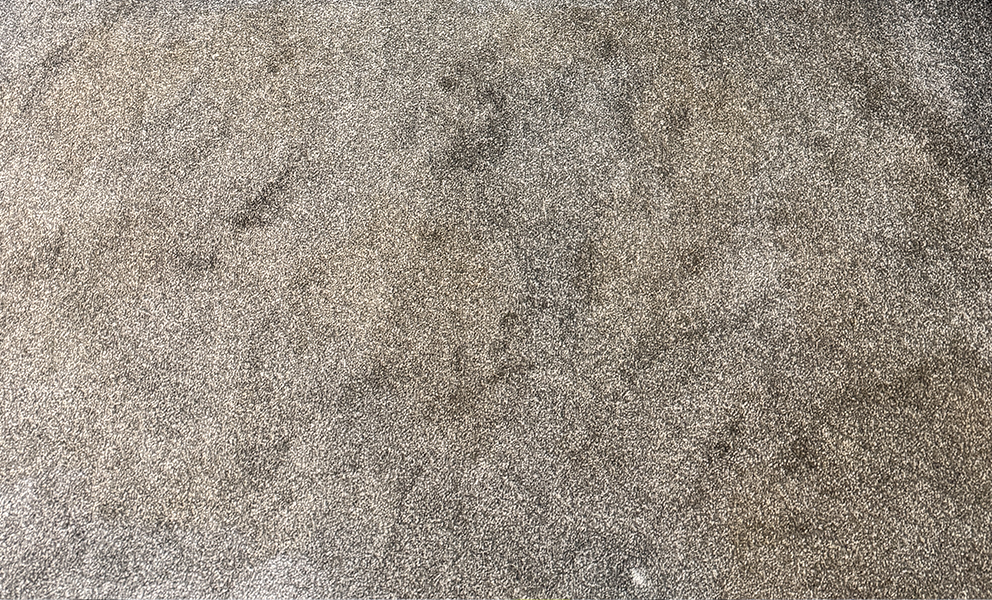
How to Start a Carpet Cleaning Business in the UK
If carpet cleaning is your calling, you might be considering starting your own business. Starting up can be daunting, but as long as you follow the right steps, you'll be up and running in no time. Read on for tips on how to start a carpet cleaning business.
Choosing a name
Whether you want to use your own name or something more creative, you'll want your business to have a memorable name. If you're setting up a limited company, this name will legally need to be unique. Including keywords related to carpets and cleaning will help people understand what you do straight away, and also make you easy to search for.
Similarly, you'll want to think about branding and a logo. A logo can be simply your business name, or get a bit more creative with graphics that relate to cleaning and carpets. If you include colours in your logo, you can use these throughout your website and social media to give your business distinct and consistent branding.
Registering your business
You'll need to register your business to make sure that you're paying the right taxes. The way that you register your business will depend on whether you're working as a limited company or sole trader.
Sole trader status is best suited to self-employed cleaners who are the only business owner. A limited company may be a better option if there are multiple people involved in the business. Either way, you'll need to register with the government.
Getting insured
Insurance is a key step in how to start a carpet cleaning business. There are two main kinds of insurance that you'll need:
- Public liability insurance will protect you if someone's property is damaged.
- Employers’ liability is compulsory if you have any employees or trainees.
It might be worth considering insuring any equipment you use, too, in case it gets stolen or damaged – along with comprehensive insurance for any company cars or vans.
Setting goals
Writing a business plan may sound daunting, but it's simply a statement of what you want your business to achieve. You should decide on your goals, whether it's a tangible goal like a number of jobs completed, or something like contributing to a cleaner community.
Think about where your initial funds will come from, and whether you're going to sort your own finances or hire an accountant.
Training yourself – and your team
Every professional cleaner will need to be an expert in their field. Some organisations and agencies have a minimum training requirement before you can join. For example, The National Carpet Cleaning Association (NCCA) requires members to pass an entry-level training course in professional carpet and upholstery cleaning.
Members of NCCA then gain access to exclusive and discounted training courses, to help you stay up to date with the latest technology and health and safety guidelines. Becoming accredited by an organisation like NCCA also gives your business a stamp of approval, and shows customers that you're highly capable.
Buying equipment
While you don't need to splash out on an office space, equipment may be a little pricey. Make sure you have everything you need, from chemicals to steamers and hoses. You'll need basic machinery like vacuum cleaners and carpet cleaners, along with tools like a carpet rake and brushes. If you're on the go with bulky equipment, you may also need to buy a van.
Some cleaners find that it's useful to have a smartphone specifically for their business, to ensure a good work-life balance. If you want to give customers the option to pay by card, you can also invest in a mobile card machine.
This may be a steep cost to begin with, but tools are a vital part of how to start a carpet cleaning business.
Deciding what you offer
Obviously, you'll offer carpet cleaning services, but it's good to be specific about the logistics. For example, if you are able to move furniture, you can include this as part of your service. However, if you aren't, you need to make this clear to your customers.
You also need to be clear about your area and hours of operation. You don't want calls from the other side of the country if you still want to be home for dinner!
These decisions will likely be impacted by your target market. To revisit the previous example, if you're planning to gear towards domestic customers, there will likely be less furniture to move than if you're going to target commercial business.
Setting prices
Your prices will influence how much money you make, but also how affordable your services are. Make sure that your prices cover your costs, but keep your customers in mind. Beware that high prices may drive them to other carpet cleaners.
Some cleaning businesses charge an hourly rate, while others charge based on the type of job. You might want to set different rates for cleaning, deep cleaning and stain removal. Other ways to charge are by room or by carpet type. There may also be some services that you charge a premium for, such as out of area calls or intense stain removal.
Advertising and taking on clients
Every business needs customers. A key part of this process is setting up a website and social media, to ensure that there are key contact points for customers. There are multiple other ways to search for clients, such as through word of mouth, print advertising and flyers.
Once you have a portfolio of finished jobs, these testimonies can help gain further clients. In the meantime, advertising your services is the best way to gather attention.
Become a member of NCCA
For access to resources, advice and training, join the National Carpet Cleaning Association (NCCA). We take the hassle out of how to start a carpet cleaning business. All of our members are listed on our directory of carpet cleaners, helping you connect with new customers in your area.
Become a member of the NCCA today!



